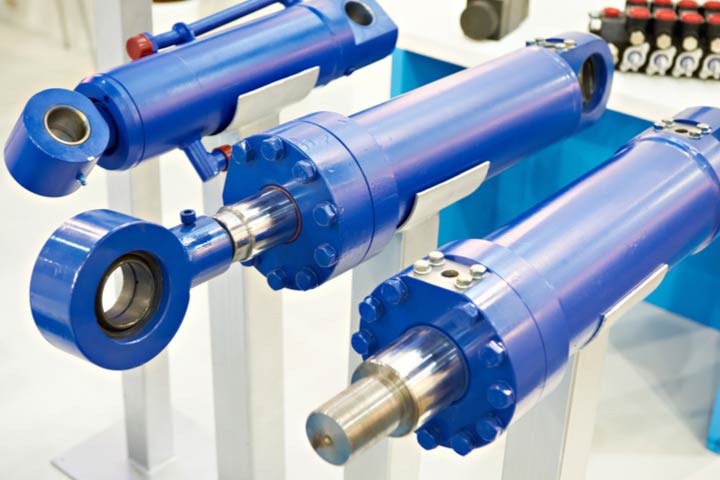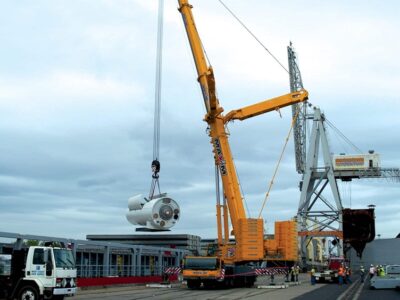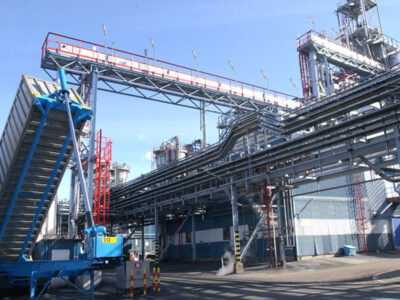Among industrial cylinders seen at cylinders inc, there are different types of cylinders. Among them are hydraulic cylinders. Within this family, to know how to choose a hydraulic type industrial cylinder that suits the needs of the industrial machinery of our workshop, factory, or industry, we must know the following:
What Are Hydraulic Cylinders?
Hydraulic cylinders are mechanical actuators. Its function is to transmit energy from a fluid through a linear path using a constant force. This means that what they do is transform rotary motion into linear motion.
As a general rule, the fluid inside is an industrial oil. In terms of their applications, they are very diverse and can be found in both industrial and mobile applications jobs. Hydraulic cylinders are essential elements for the operation of industrial machinery such as excavators, platforms, elevators, dump trucks, or packaging machines, among other machines for industrial use.
Hydraulic cylinders are the most effective method for industry activities such as lifting, lowering, pushing, pulling, bending, holding, etc.
As for the mechanism of the hydraulic cylinders, this is based on the application of a traction force, as well as, depending on the case, also on constant compression, from the beginning to the end of the fluid stroke. Also, the speed at which the fluid runs will depend on the flow rate and the piston surface.
Hydraulic cylinders are made up of two pieces:
A Barrel Cylinders
The plunger or piston is the part of an engine that exerts movement within the cylinder to interact with a fluid.
Hydraulic cylinders are divided into single or double depending on the effect they generate. In addition, depending on the type, they are classified into:
- With shanks (stronger, for heavy-duty)
- Soldier (weaker and smaller, for less heavy duty).
- Specialized (for custom and specialized industrial machinery)
How To Choose A Suitable Industrial Hydraulic Cylinder?
Choosing a suitable industrial hydraulic cylinder for a specific application is vital for maximum performance and reliability. Thus, given the extensive number of cylinders, general techniques, and assembly rules, when selecting a hydraulic cylinder, we must take into account issues such as:
The conditions of the operation. The cylinders have to be adapted to a specific application, so it is essential to know the amount of pressure, the force exerted and the space requirements imposed by the design of the machine.
It is also essential to consider if the machine that requires these cylinders will do it at extreme temperatures, humid conditions, or with saltwater and if the cylinders can withstand them.
Also, the type of metal used for the cylinder head at cylinders inc, base, and bearing is essential as it can make a difference.
Likewise, we must consider the possible pressure drops and overpressure that can affect the materials and the operation of the cylinders.








Comments